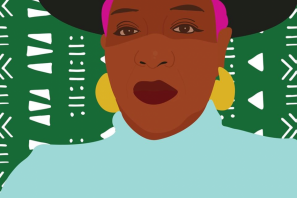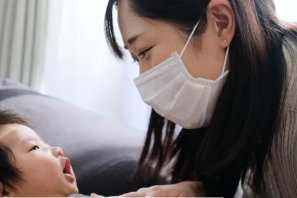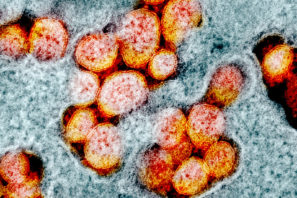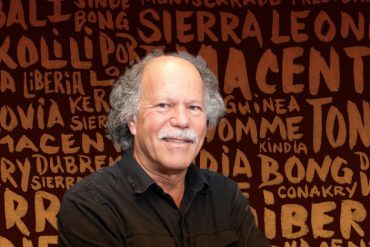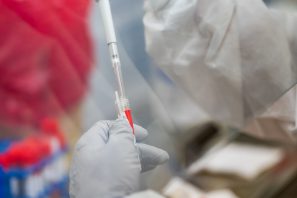Q&A with Assistant Professor of museum studies and cultural heritage informaticist Dr. Porchia Moore.
UF Psychology professor Lisa Scott discusses the effects of traditional face masks on early childhood development.
With the COVID-19 pandemic surging nationwide, what can election officials do to ensure everyone has the ability to vote without risking their health?
The race to defeat the novel coronavirus took a major leap forward last week when the Food and Drug Administration and the Centers for Disease Control and Prevention authorized the use of the Pfizer COVID-19 vaccine in children 12 to 15 years old.
Guilt and shame are two prevailing emotions surrounding COVID-19. This guilt stems in part from the fact that anyone could be a potential carrier of the virus.
UF researchers Chang-Yu Wu, an engineer, and John Lednicky, a virologist, teamed up a decade ago to solve long-standing challenges in how air samples are collected and tested for viruses.
A comparatively small but crucial piece of the massive rollout efforts designed to get the new Pfizer-BioNTech COVID-19 vaccine from...
“Travel restrictions delay, but do not stop the spread of the virus,” said Ira Longini, a member of the UF Emerging Pathogens Institute.
UF EFTI researchers surveyed American travelers to understand their travel intentions facing the recent coronavirus outbreak
UF Associate Professor of Philosophy discusses ethical actions in difficult circumstances.
The mortality rate of the COVID-19 pandemic has altered the standard process of drug development, amplifying the need for lifesaving treatment and marking the start of the sprint toward a cure or gold standard treatment.
Choices are affected by how people see the world, whom they trust, their perceptions of risk and consistency of message.

